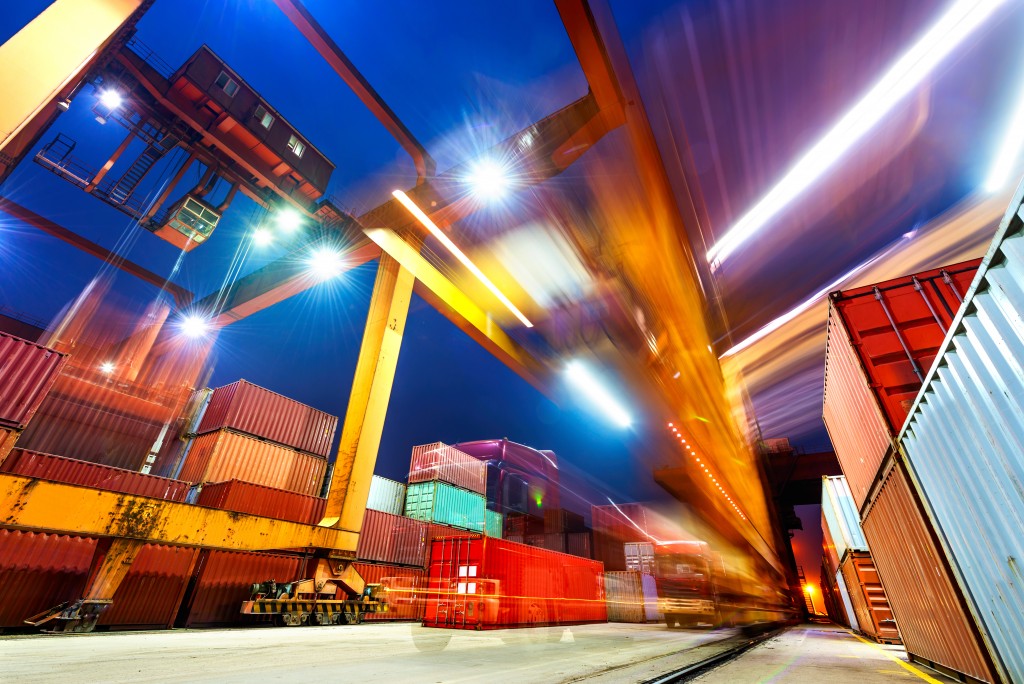In this interconnected world, wherein transactions are made throughout different places, trading or delivering something from a city to another part of the global village will never be a pain again. Airfreight and maritime shipping make importing and exporting goods easier. The speed of air travel is a significant selling point, but most businesses choose air forwarding because of its reduced cost and lesser environmental impact.
What is marine insurance and why do you need one
While sea freight is less costly, it is more prone to critical risks that are continuously evolving. These risks include natural catastrophes, human error, mechanical failure, expanding arctic routes, cyber risk, cargo theft, autonomous shipping, and piracy.
Every business owner will find it financially and emotionally challenging to bear the loss and damages caused by unkind perils. Thus, marine insurance is a necessity in the shipping business. It assures you that your ship and cargo is covered in case an unfortunate accident should arise. Depending on the type of insurance, having one will mitigate the amount of loss and cost of damage to your goods, the watercraft, and crew.
What are the different types of insurance
Knowing what kind of coverage is suitable for your business should be your priority. Different types of insurance offer various kinds of coverage, depending on your business needs. The most popular types of insurance are freight demurrage and defence, hull, marine cargo, and liability insurance.
Hull Insurance
This insurance covers all types of marine vehicles, such as tankers, boats, cruise, ships, and other vessels that operate in lakes, oceans, or rivers. It covers the expenses for ship damage, including functional fixtures attached to the vessel’s hull.
Marine Cargo Insurance

This type of insurance offers various coverage depending on your cargo or goods. Whether you are shipping frozen food such as meat or exporting dry goods such as sugar, rice, and coal, marine cargo insurance gives you peace of mind that your products are covered in case of unfortunate perils. It protects your goods from physical loss or damage during transit that can result from capture, war, fires, and more.
Liability Insurance
Liability insurance covers damages that arise from loading and unloading cargo and unsafe berth conditions. It also includes liabilities such as damage to the pier and its facilities, people’s death and physical injury caused by the negligence of the charterer. It can also be extended to cover the cost of damages to third party cargo that is on board.
Freight, Demurrage, and Defence (FD&D) Insurance
This insurance is commonly known as “FD&D” or simply called “Defense,” which provides claims for the legal expenses and handling assistance in resolving a wide range of uninsured disputes. These problems can include disputes regarding ship vetting, slot charters, and bunker contamination claims. FD&D also provides business owners with quick access to legal experts to avoid unnecessary legal costs and achieve sensible settlements.
The anxiety and pain of losing your hard-earned investment cost more than the money you’ll pay in getting maritime insurance. The question is not about whether or not you should get one but which insurance provides the maximum coverage to your business.

